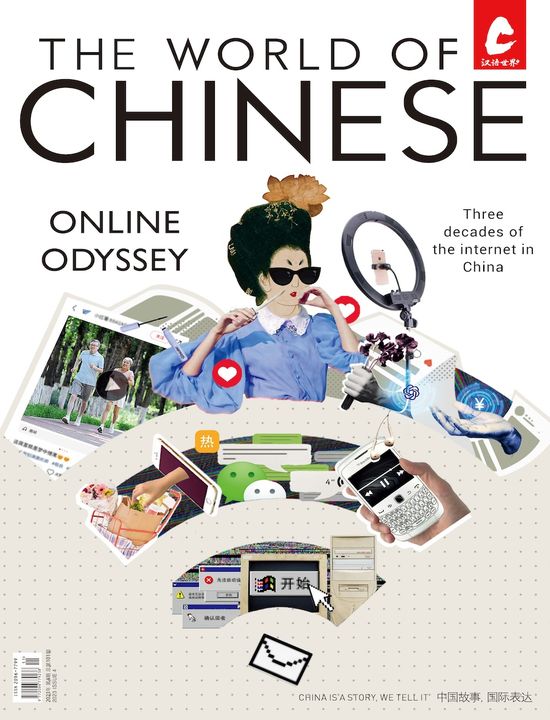Despite an experimental sound and just two album releases in a decade, Omnipotent Youth Society has remained one of China’s most relatable rock bands since 2010
Better than Bob Dylan, Dua Lipa, and Red Velvet—that was the consensus of users on Douban, an online ratings platform, when they picked Omnipotent Youth Society’s (万能青年旅店) sophomore album Inside the Cable Temple (《冀西南林路行》) as the Top Record of 2020 with a score of 9.2 out of 10. That win came 10 years after its self-titled debut album won Douban’s Top Record of 2010.
“I listened and listened, and I cried,” one listener’s comment from 2020 reads under Inside the Cable Temple on Douban. “A true reflection of how most Chinese youth feel, this is the kind of realism we need in music,” another wrote under the album on YouTube last year. Ten years on from taking the Chinese rock music scene by storm, OYS is still earning new fans with music that channels the impact of rapid economic growth on their hometown of Shijiazhuang and the pitfalls of modern life in urban China—overwork, environmental degradation, and de-industrialization.
At first glance, OYS doesn’t seem particularly representative of the millennial musician. The band has updated its Weibo account three times in the past two years, and the members have hardly given any interviews over their 20-year career. Its alternative rock sound, interspersed with lengthy instrumentals and a rebellious disregard for the radio-friendly four-minute track, is a far cry from the highly produced, highly publicized artists that dominate Chinese (and global) contemporary music scenes: such as teen heartthrob Jackson Yee, whose record Back Seat Theater came in seventh on the 2020 Douban list.
How a Band from China’s Industrial Heartland Captured the Emotions of a Generation is a story from our issue, “Lessons For Life.” To read the entire issue, become a subscriber and receive the full magazine. Alternatively, you can purchase the digital version from the App Store.














